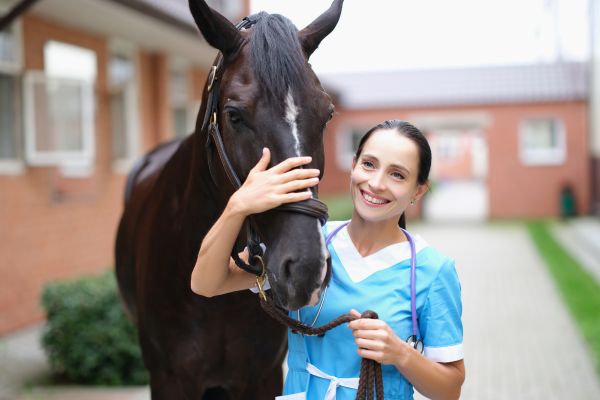We’re seeing more and more vets who choose to specialise. While general practice allows for variety, specialisation opens up great opportunities for career development. As the field expands with new techniques and treatments, delving deeper into a niche area can benefit vets and animals alike.
It’s specialists who make many of the advancements in patient care possible. By making a particular field like dentistry, dermatology, or large-animal surgery your only focus, you can build unparalleled expertise to accurately diagnose and compassionately treat our furry friends.
Specialisations in veterinary medicine also enable the spread of knowledge, allowing consultants to train others in groundbreaking procedures. Did you know that 80% of cats over 3 years old have dental disease? Thanks to feline dental vets sharing advice, more general practices now routinely check for problems like abscesses and tooth resorption early on.
What’s more, the choice to specialise doesn’t have to be permanent. You can still work part-time in general practice to enjoy the diversity of cases and maintain broader skills. Many vets find the flexibility rewarding, both financially and in terms of job satisfaction.
By specialising, you could also become an innovator, conducting pioneering research and developing cutting-edge therapies. For beloved family pets facing complex conditions, access to such trailblazing treatment can give them the best possible prognosis.
Of course, lifelong learning is important for every vet, whatever career path you take. But if you want to reach the pinnacle of your profession while providing advanced care for the animals you love, specialisation could pave the way for an exciting future.








